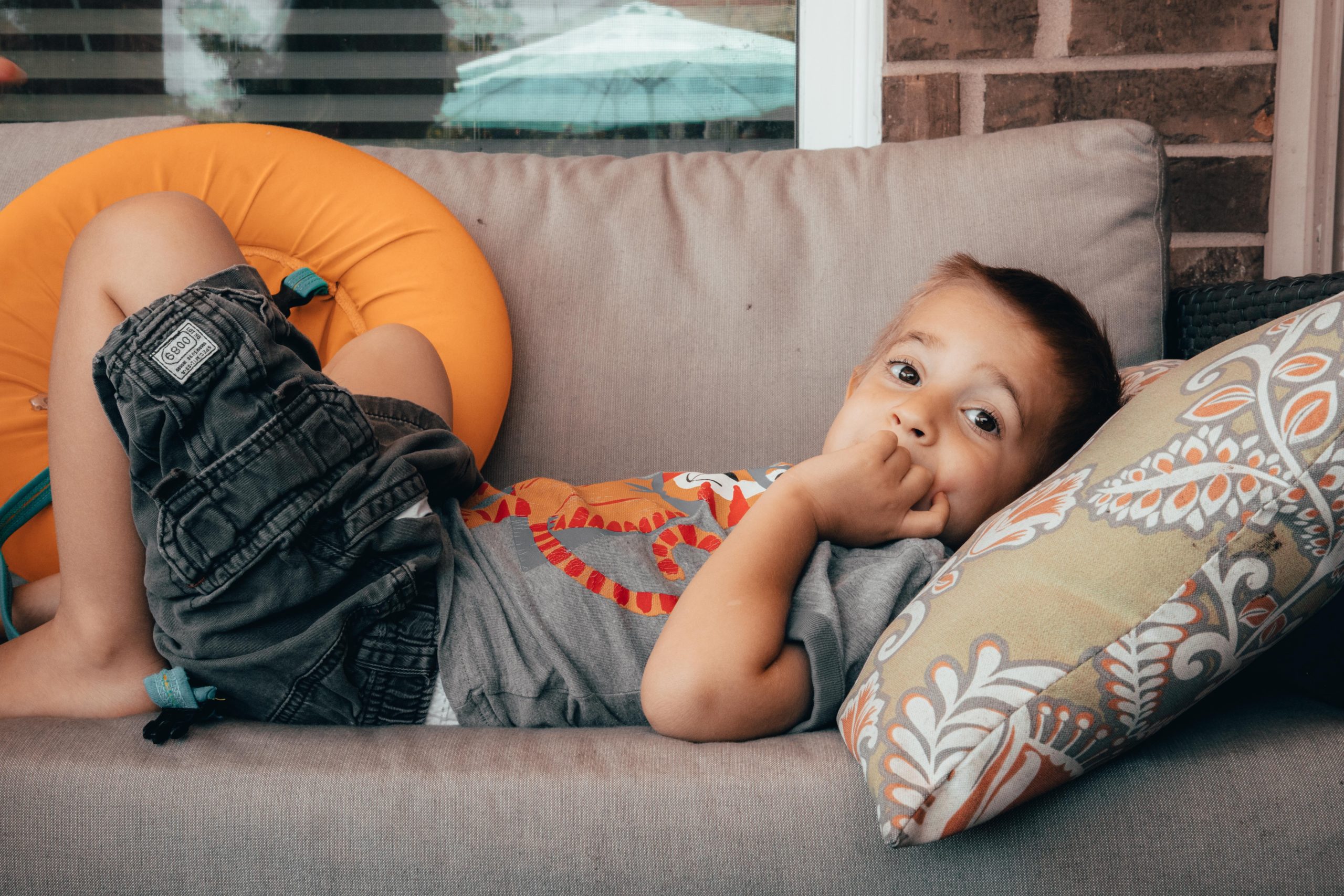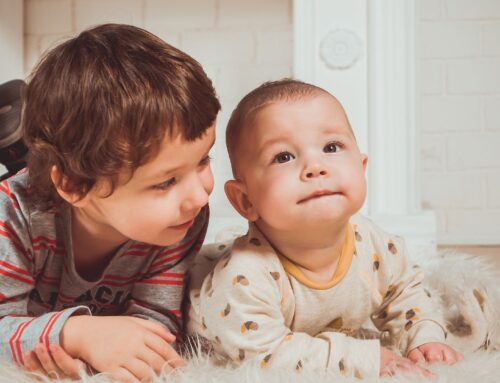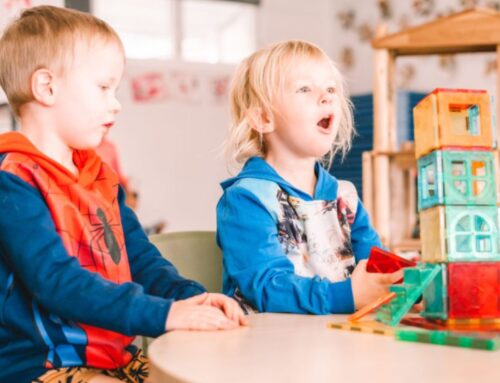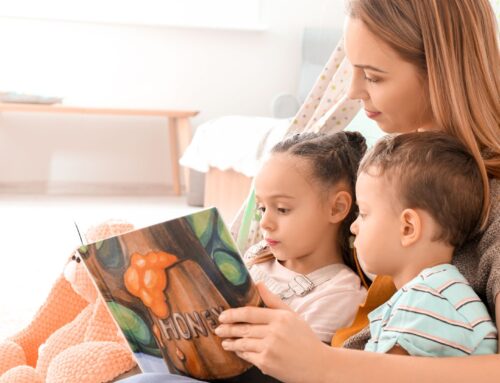By Emma Thomas
As we head towards the end of Term 1 you may be noticing that your Kindergarten child is more tired than normal! Having worked as a Kindy teacher for many years I have seen this time and time again. Most kids are excited for the first few weeks, then they settle in and everything is wonderful! After a few ‘honeymoon’ weeks the class starts to get wriggly and tired. As parents you might be seeing more meltdowns in the afternoons, cranky behaviour or children who are hard to get out of bed in the mornings!
This is a normal part of the transition in the learning journey. When we understand what is going on we are better able to support our children and meet their needs.
Here are some of the reasons that our Kindy children are tired:
Starting is Hard
Starting something new is just hard, even for the most confident kids! If your child is shy, struggles with transition or has a hard time with new environments this will have been an even more difficult time for them. Even as adults we can find starting a new job, making new friends or adjusting to a new routine difficult.
Kindy Days are Busy
It doesn’t matter if your child has been attending an Early Learning Centre since they were little – moving to the Kindergarten room is a big change! There is a lot of fun, a lot of play and a lot of learning packed into each day so it’s no wonder that children come home tired.
Bigger Kids – Bigger Expectations
Teachers and educators have higher expectations of Kindy children. Most children will be moving to formal school in the following year and we want to give them the best foundations possible. Children will be asked to
- listen closely and follow multi-step directions
- manage their own belongings and toileting
- share, take turns and negotiate with a wide variety of peers
- care for their environment
Personality
Our more sensitive children can really struggle with these transitions and this may continue each year as they move up a grade at school. Our children who are introverts might feel exhausted from being around a new, larger group of peers and educators. Those who have a hard time listening and following directions, will be working hard to make it through each day.
So what can we do as parents?
Keep consistent routines
Where possible minimise other changes and stick to your regular routines. Stay home in the evenings and keep a consistent bedtime routine. Having consistent routines helps children to feel safe and secure.
Opportunities for rest
While they are adjusting to Kindergarten your child may need some extra downtime. This might be bringing bedtime forward for a few weeks, having an afternoon nap on the weekends or saying no to lots of weekend activities. You could also think about taking a term off swimming or other extracurricular activities.
Early pick up
If your schedule allows it try picking your child up earlier some days, they might appreciate an afternoon on the couch watching TV and an early bedtime. Or they might like to go to the park and spend some focused 1-on-1 time with you.
Empathise!
Sometimes our children just need to know that we support them, love them and are there for them. When your child’s behaviour is different to normal there is usually a good reason for it. If we can give them a little extra love and grace they will usually bounce back in a few weeks.






